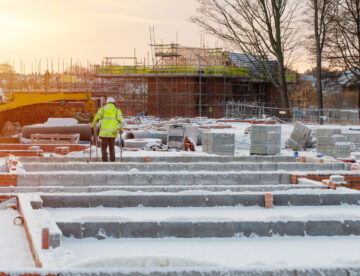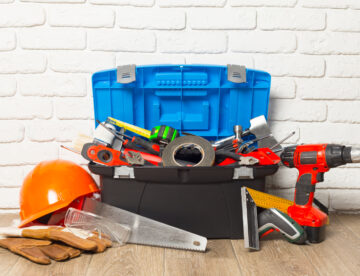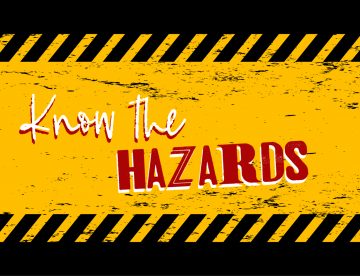
After a few chilly early mornings and, as we’re likely heading into the coldest months of the year, it’s time once again for the construction industry to brace itself against the full impact of winter.
Working outdoors in rain, snow, ice, fog or wind can be harsh, however there are practical solutions which can help ensure such work is carried out productively and that every site worker stays safe and healthy. Take just a few minutes out of your day to read this week’s blog, where we’re sharing three strategies for weatherproofing the construction site.

Tools and equipment are essential to the effective running of any construction site but, because they are used so much, they can suffer a lot of wear and tear, become damaged and eventually be unusable.
However, with proper care and maintenance, the lifespan of your tools and equipment can be extended and that’s good news for four reasons: 1) Better quality tools means better quality work; 2) It reduces costs related to repairs or replacements; 3) There will be fewer accidents/ injuries from faulty equipment; and 4) It’s better for the environment.
With so much to gain, in this week’s blog, we’re sharing some top tips for how to protect and maintain those tools.

Like most construction companies, there are times when our work involves dealing with and temporarily storing hazardous waste on site. If we were to do this poorly, it would have the potential to cause damage to both the environment and the local community (especially if it was allowed to contaminate surface water or groundwater supplies).
The good news is that we take our responsibilities seriously and follow strict procedures that comply with UK legislation and ensure no such damage comes about. As this is such an important topic, we’ve put together this quick guide to hazardous waste so that people know exactly what they should/ shouldn’t be doing.

